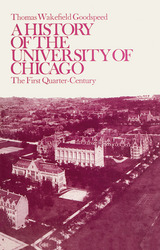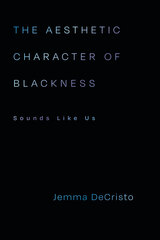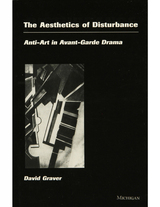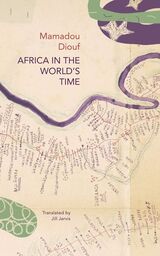2 books about University Chicago

General Education in the Social Sciences
Centennial Reflections on the College of the University of Chicago
Edited by John J. MacAloon
University of Chicago Press, 1992
Higher education's most vibrant and contentious issues—common and specialized learning in the curriculum, conceptions of general and liberal education, the design of common core sequences, the merits of classic texts and contemporary research, Western and non-Western course materials, the place of undergraduate teaching in scholarly careers—have for decades been debated by the faculty of the College of the University of Chicago. At the College, they have become embodied in educational programs of sufficient historical depth to reveal patterns of intellectual and pedagogical continuity amidst changing social and institutional circumstances.
Social Science 2 holds the place of honor among these educational projects. For more than half a century, Soc 2 has been one of the most influential courses in American undergraduate education. This unique, year-long course, the oldest and most distinguished of its kind at any American university, has served as an ongoing experiment in how the social sciences can be taught and learned in the general education context.
In this collection John MacAloon has gathered essays by fourteen eminent social scientists—such as David Riesman, Michael Schudson, and F. Champion Ward—who as either teachers or students were profoundly shaped by Soc 2. Their multifarious and selective memories—full of dissonances and harmonies of recollection, judgment, and voice—create a compelling biography of a course and a college that have survived tumultous change through sustained and committed argument.
This book will be of great interest to anyone interested not only in the theory but the practice of higher education.
Social Science 2 holds the place of honor among these educational projects. For more than half a century, Soc 2 has been one of the most influential courses in American undergraduate education. This unique, year-long course, the oldest and most distinguished of its kind at any American university, has served as an ongoing experiment in how the social sciences can be taught and learned in the general education context.
In this collection John MacAloon has gathered essays by fourteen eminent social scientists—such as David Riesman, Michael Schudson, and F. Champion Ward—who as either teachers or students were profoundly shaped by Soc 2. Their multifarious and selective memories—full of dissonances and harmonies of recollection, judgment, and voice—create a compelling biography of a course and a college that have survived tumultous change through sustained and committed argument.
This book will be of great interest to anyone interested not only in the theory but the practice of higher education.
[more]

A History of the University of Chicago, Founded by John D. Rockefeller
The First Quarter-Century
Thomas Wakefield Goodspeed
University of Chicago Press, 1973
The initial steps which led to the founding of the great educational institutions of the world are known in very few instances. Seldom was any record even made of them, their significance not being recognized when the events occurred. The author of this work, Thomas Wakefield Goodspeed, was intimately connected with the persons and events involved in the founding of the University of Chicago in 1891. His detailed account of that institution's first twenty-five years, originally published in 1916, reveals that the chief participants were aware from the beginning of the magnitude and importance of their enterprise.
As Goodspeed shows, once the main roles were cast—in the persons of John D. Rockefeller and William Rainey Harper—the University of Chicago was irrevocably headed for greatness. Without the support of both of these men it would never have become one of the nation's major universities in a mere quarter century. Although Harper died in 1906, his innovative mind and unflagging energy left an indelible mark on the university during the fifteen years of his presidency. The study provides detailed information on the founding of the university, the procurement of funds, the recruitment of faculty, the construction of buildings, student life, and the problems of continuing growth.
As Goodspeed shows, once the main roles were cast—in the persons of John D. Rockefeller and William Rainey Harper—the University of Chicago was irrevocably headed for greatness. Without the support of both of these men it would never have become one of the nation's major universities in a mere quarter century. Although Harper died in 1906, his innovative mind and unflagging energy left an indelible mark on the university during the fifteen years of his presidency. The study provides detailed information on the founding of the university, the procurement of funds, the recruitment of faculty, the construction of buildings, student life, and the problems of continuing growth.
[more]
READERS
Browse our collection.
PUBLISHERS
See BiblioVault's publisher services.
STUDENT SERVICES
Files for college accessibility offices.
UChicago Accessibility Resources
home | accessibility | search | about | contact us
BiblioVault ® 2001 - 2025
The University of Chicago Press









